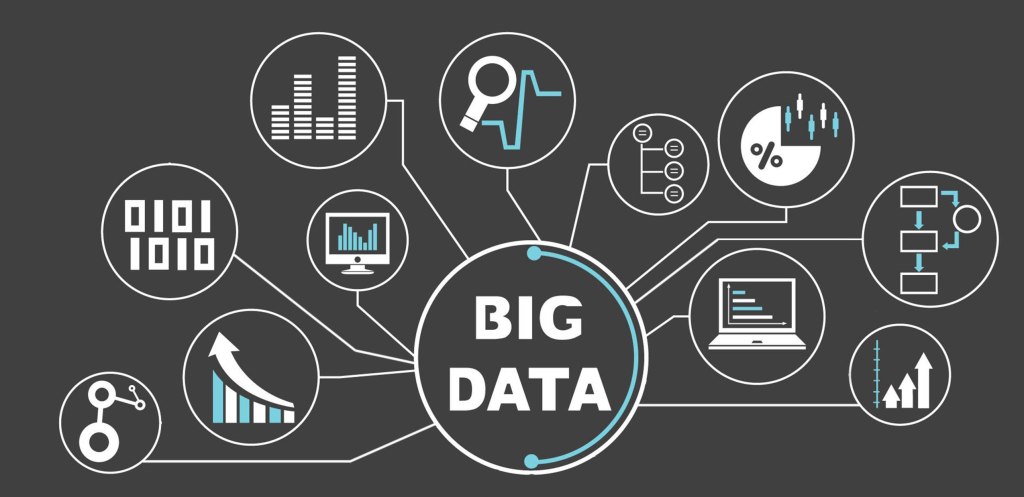Today we have a large amount of information and data. However, to get benefits from this data, the amount is not so important as the way in which it is managed. For this reason, we will talk about the importance of Big Data which, within logistics, has gained relevance to strategically optimize and make better decisions.
What is meant by Big Data?
When we talk about “big data” we refer to the access and storage of information in such quantity, volume, complexity or speed with which it is generated that it is practically impossible to process using conventional methods.
To properly manage Big Data in logistics, companies often make use of structured data through an ERP (Enterprise Resource Planning) or a CRM (Customer Relationship Management).
Why is Big Data important in the logistics sector?
It is important to take into account that logistics processes are more complex today than years ago. That is why obtaining data in companies can help companies to optimize and achieve greater efficiency in their logistics processes, simplifying each of the activities involved. Some benefits of the use of Big Data applied to logistics can be:
- Optimization of transport routes and distribution flows
By analyzing a greater amount of data from the distribution processes, automatic learning, or Machine Learning, is produced, which creates ever faster, simpler and more optimized routes for the delivery of products.
- Stock control
The use of warehouse management software can help optimize stock. Take advantage of the potential of Big Data to assess all the important information about the materials and references of the warehouse and based on them, the location is optimized to achieve the highest inventory profitability, thus achieving: reducing displacements, reducing inventory in the warehouse, accelerate order preparation and streamline distribution operations.
- Personalized customer service
The data that is managed in the CRM has managed to anticipate the needs of the client, detect incidents in time of problems in the warehouse or transport and prevent considerable expenses.
In conclusion, Big Data allows us to transform a series of data into useful information for companies. In logistics, it allows a more efficient management of its processes, achieving a more profitable supply chain and offering a better purchasing and service experience to customers.
